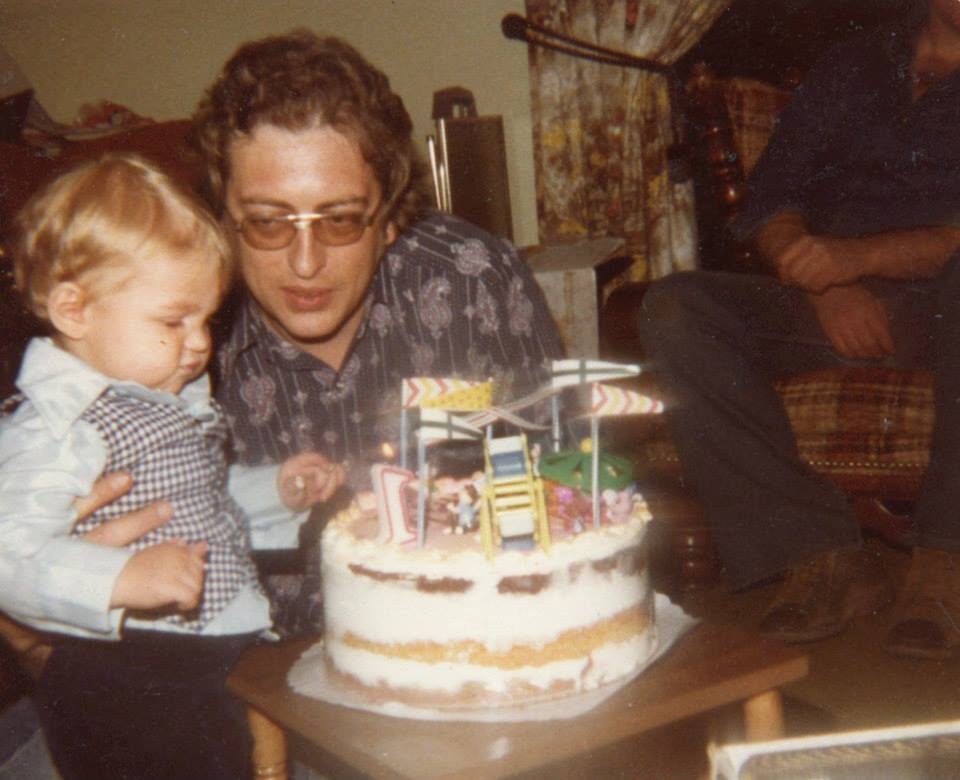Growing up, I was the epitome of a good kid—bright, responsible, and unremarkable in the sense that I never stirred the waters. My grades were consistently above average, and I steered clear of trouble with an almost obsessive caution. High school passed in a haze of straight A’s, extracurricular activities, and a rigidly conservative lifestyle. Even when I joined bands in college, I took on the role of the designated driver, never indulging in a single drink or drug that crossed my path. It was a cocoon of control I wrapped tightly around myself, shielding me from anything that might disrupt my fragile equilibrium.
Then came the aneurysm. It struck like a needle piercing through the fabric of my meticulously ordered world, unraveling everything. It marked the beginning of a descent into chaos—an immersion into addiction, a quest for numbness. It was during the chaos of his aneurysm and eventual hospice death that I tried pot for the first time. I remember it with eerie clarity: a fragment of ditch weed passed to me by the drummer in my band. It was offered through a crude, makeshift one-hitter, and though hesitant, curiosity won out, and I took that first hit.
The high was immediate and profound. It wasn’t merely relaxation that enthralled me—it was the way the world seemed to slow, crystallizing into sharp focus. It felt like stepping into a warm, hazy bubble where the present moment was all that existed. For the first time in a long while, I escaped the relentless undercurrent of stress that dogged my every step. I told myself it was a harmless escape, a way to unwind after rehearsals. But what began as an occasional indulgence soon morphed into a daily ritual as I moved to California to pursue my music dreams.
In retrospect, my father’s illness and death obliterated the façade of my carefully constructed life. Losing him was akin to losing a part of myself—a cornerstone of stability and guidance that I hadn’t fully valued until it was gone. His death left a void so profound that I sought to fill it with the numbing haze of substances. The regret and guilt of succumbing to addiction are forever intertwined with the grief of losing him. My father was my anchor, the silent force that kept me grounded, even when I was unaware of drifting.
What does it mean to lose a father? It means coming to terms with the fact that the person meant to guide you through life’s tempests is no longer there. It signifies the end of unwavering support, the quiet assurance that someone always had your back. His death marked the end of an era, and in his absence, I found myself adrift, clinging desperately to anything that might offer the illusion of control. It is a cruel irony that in my attempts to escape the sorrow, I sank deeper into the abyss of addiction.
Here I stand now, reflecting on how a simple hit of weed spiraled into something far more sinister, all rooted in the profound sadness of losing my father. Each drag, each high became a desperate bid to fill the gaping chasm left by his absence. As I attempt to reclaim fragments of my sense of self amidst the wreckage, his memory casts a long shadow—a constant reminder of what was once whole and what has been irrevocably lost.
